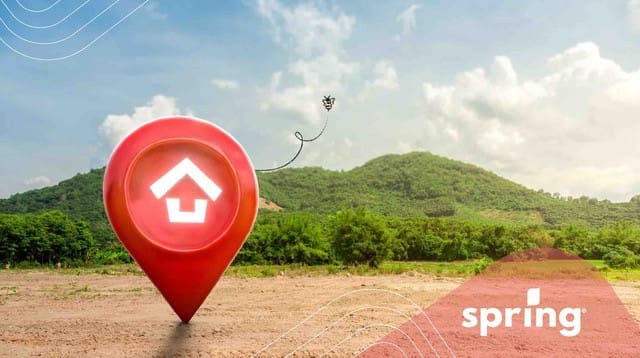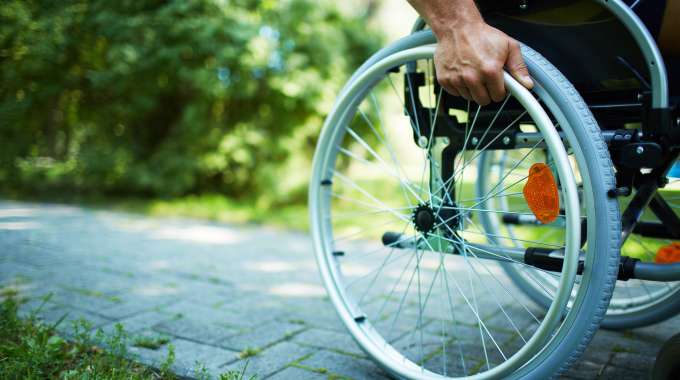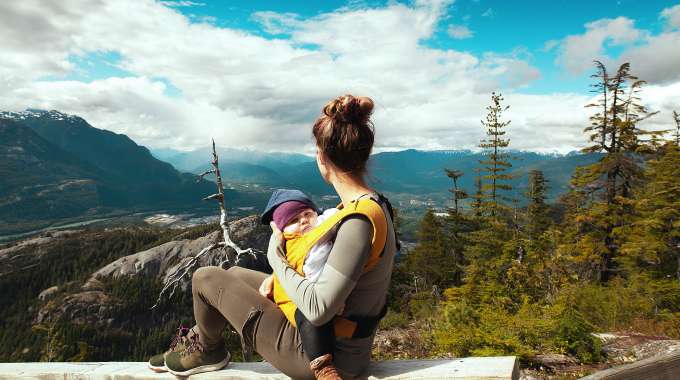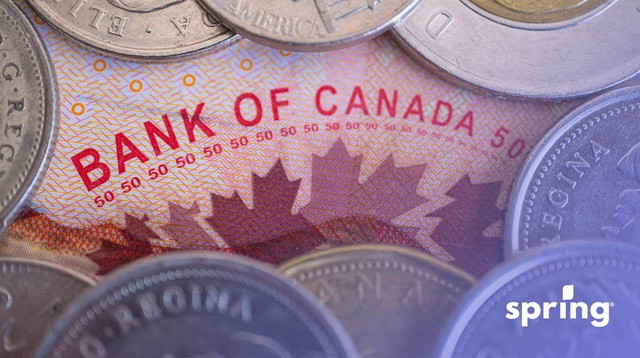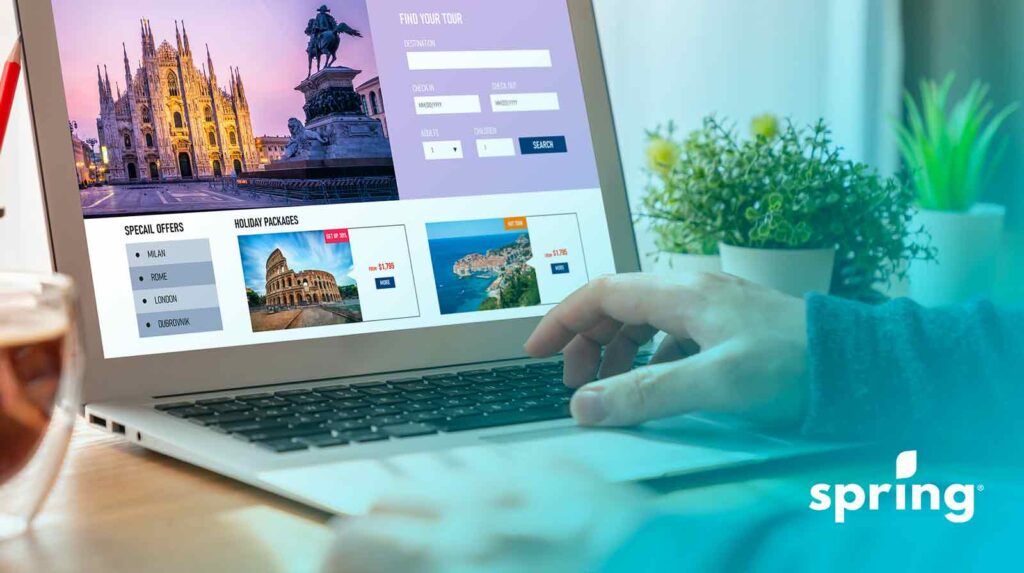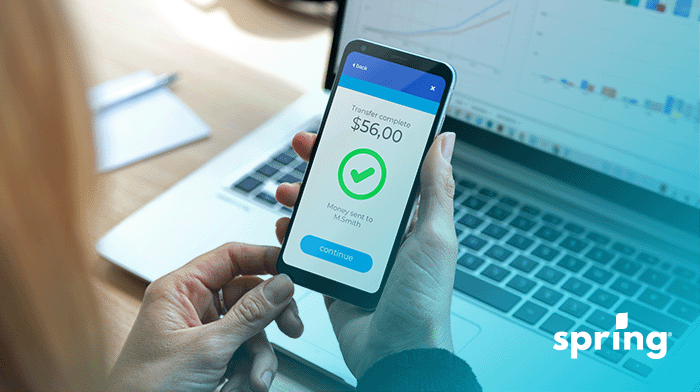Mortgages for Vacant Land
When it comes to purchasing vacant land, while the purchasing process is generally the same, there are different regulations. When you are purchasing a home you are only required to put down a 5% down payment if you are a first time home buyer. After that the down payment required is a minimum of 20%. This is a bit different for vacant land purchases. Here are some general down payment requirements
| Type of Land | Down Payment |
| A city lot that is serviced and residentially zoned | 20%-30% |
| A rural lot that is serviced and residentially zoned | 30%-40% |
| A rural lot that has partial services and residential zoning | 35%-50% |
| Land that has some services. This includes land that could potentially have agricultural zoning. | 35%-50% |
| Land without services that can also be potentially agriculturally zoned. | 35%-50% |
| Farming land | 20%-25% |
On top of the larger down payment, there are also the transaction fees that are required for most mortgages, including traditional residential mortgages.
- Appraisal fees
- Legal fees
- Brokerage fees
- Land Transfer Taxes
- HST/GST costs
The cost of these things varies depending on your purchase. An appraisal can range anywhere from $350-$600 depending on if it’s rural or residential. Legal fees can range anywhere from $1000 – $1500 and brokerage fees can go as high as around 1% of the loan amount that you are receiving. Land transfer taxes go around as high as 1% of the purchase price and HST/ GST costs aren’t applicable in all cases.
It is also important to keep in mind that these costs can vary depending on where you live. If you are in Alberta or Saskatchewan land transfer taxes don’t apply.
Is it Possible to Purchase Land with No Down Payment?
Unfortunately, with any mortgage in Canada, whether you buy land or a traditional home, down payments are necessary. The first time home buyers rule of allowing 5% as a down payment only applies to homes, it does not apply to land.
That being said, there are other ways to purchase land. In order to avoid providing a down payment, some people will take a home equity loan out of another property that they own. Another option is by utilizing seller financing. This means that you just make payments to the seller and then you get the title once the seller has been paid in full.
Purchasing Land to Build a Home
If you are purchasing a parcel of land with the intention of building a home on it right away, there is some more leeway given. Land used to build homes is normally vacant land. Vacant land financing is a bit easier to get because the land isn’t raw. There are often services already, or partial services. These things, as well as the specifics of the build usually are required to be given to the lender before receiving a vacant land mortgage as well as the construction loan.
In cases like this where you already have permits lined up and contractors ready, your down payment in urban areas can be reduced to as low as 20%. This is dependent on where you are building the home though. Some places will still require a down payment as high as 40%. And this is just the beginning. There are other restrictions that you need to meet as well.
- Prove you can provide the cash requirement. This means you have enough money to cover the down payment. But it also included the money that you need to start the build. Mortgages for a build usually aren’t given upfront.
- Pass Property requirement inspection. This means all of the property requirements are met for the build and the information is given to potential mortgage lenders. From there, you will find out if there is a lender willing to loan for the build as well as the land.
- Provide a timeline and a budget for the build. Lenders tend to shy away from new builds because they can be quite risky. People tend to run out of money during builds and all sorts of other situations come up.
- Meet the income and credit requirements for the mortgage. Just like a traditional mortgage, the lender needs to be confident that you will be able to pay the money back.
When it comes to getting a mortgage for building a home, lenders don’t like to just give you the money to build the home upfront. There are two different types of land loans that lenders will offer. How land loans work ultimately depends on the lender as well as the specifics of the property and the build.
The first and most common way lenders offer land loans that will have a new build on it, is with a completion mortgage. This means that you as the buyer have enough equity or cash to finance the purchase and build. The lender will then issue you a mortgage to cover the costs that you have paid. The second type of mortgage is called a construction mortgage, also known as construction loans. These mortgages are when the lender releases portions of the mortgage as parts of the build are being completed,
In order to get any of these mortgages you need to be able to provide all of the necessary plans and permits to the lender before you get approved. They need to verify that there is as little risk as possible when loaning you the money.
Using Land as a Down Payment for a Mortgage
While this isn’t always an option for people, it is something you could definitely do. This mainly applies if you own the land outright or have a large amount of equity in the property. This means that instead of using cash for the down payment for a construction loan, the land value will work as collateral instead.

Land Mortgages in Different Provinces
While it is difficult to fully define the parameters of purchasing land, we have gone over the general requirements in Canada. That being said, depending on where you are purchasing land and building a home, some of the finer details may be different.
Ontario
If you are looking to purchase land in Ontario, there are three different types of land that you can purchase: raw, vacant and crown. Which type of land you are buying will determine how you are able to get a mortgage. Raw land is often more difficult because it will cost more to develop and have a lower resale value. That being said, purchasing any kind of land will always be a bit more difficult to get a loan for. They also come with higher interest rates.
In Ontario, you are likely looking at a down payment of anywhere from 30%-50% for any land purchase. For that reason, those who already own a home choose to get a home equity loan to help cover the cost of the down payment on their new property.
Alberta
Just like with Ontario, there are different types of land you can purchase in Alberta: raw, vacant or crown land. If you are looking to purchase land then it is important to note that it is common for down payments to go as high as 50%. It is also important to keep in mind when getting your mortgage documents together that it is likely that you will have to dig a well if you are purchasing land outside of regular city limits.
In Alberta, there also tends to be a lot of farm land for sale. If you are looking into purchasing agricultural land, then not only will you have to worry about a water source (well), you may also want to look into the soil history. Having appropriate soil is very important when it comes to farming.
If you are looking into the farming side of purchasing land in Alberta then, not only would you be looking at a land mortgage, you may also be looking at an agricultural loan.
The Canadian agricultural loans act is there to help farmers finance farm improvements, as well as fund the processing and distributions of farm products. In many cases, it may make sense to get an agricultural loan instead. Not only are these loans used to purchase farms, but they can also be used to expand them. Agricultural loans are also long term, usually the minimum on them is 10 to 15 years.
British Columbia
If you are looking to purchase land in BC, there are many of the same opportunities that there are in Alberta or Ontario. The down payment for land depends on the type of land you are purchasing and what you intend to do with it.
Like Alberta, farm land is very popular in BC and, in some cases, you may be better off getting an agricultural loan or a land mortgage. Most commonly you would look for these types of loans with traditional lenders like banks or credit unions. There may be some private lenders that will fund agricultural or land loans as well.
The one thing you need to watch for in BC, though, is land transfer taxes. On the first $200,000 you pay 1%, but over $200,000 the tax rate is 2%. Keep in mind though, when it comes to a down payment, you are also allowed to use a home equity loan in order to help with the purchase.
How Can Spring Financial Help?
If you need some money to help you start on your next adventure, that’s where we can help you. Whether you are in the market for a personal loan or home equity loan, we can help you get the money you need. We help finance those of all different credit types and all of our financial products report to both Equifax and TransUnion.
If you are in the market for a home equity loan, you can apply online and one of our licensed agents will get in contact with you. These loans help you tap into the equity you have already put into your home. If you are looking to purchase a second home or vacant land, this may be something you are interested in doing.
In order to qualify for a personal loan, all you need to do is fill out a quick 3 minute application. Once you have received an approval, you could get anywhere from $500 – $35,000, in just a few hours. You can also give us a call at 1-888-781-8439 or contact us through our live chat. No matter your financial situation, we can help.
